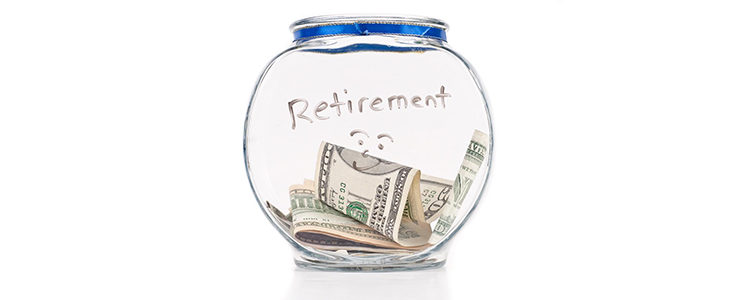When Susan Polgar and I first began working on our book, I asked her what was one of the biggest financial problems that chess professionals have. She told me that the volatile nature of the income stream for someone playing tournament chess, teaching chess, or coaching the game makes it difficult to plan for retirement. If you are a professional chess player or coach, you understand the situation. And, even if you’re not a chess professional, but get paid on commission or have an irregular income stream, you can certainly relate to the points below.

(Make sure to read the bottom of this article under the heading, “One critical fact about finances that chess professionals need to know.†That paragraph gives you the opportunity to find out something specifically that relates to your situation.)
If you are in the world of chess, you probably need an IRA
An IRA is an “individual retirement account.†As the government wants to encourage people to save for retirement, it allows you to put some money aside to grow on a tax-free or tax-deferred basis. There are two main types of IRAs, each with its pros and cons, but let’s take a minute to clarify why you need one.
Unlike your parents or grandparents, who might’ve worked for a big corporation that guaranteed them a fixed pension when they retired, you’re probably on your own. You earn your money either by winning prizes at tournaments, teaching students, or coaching teams. When you stop working, no one is going to send you a monthly check, except perhaps Social Security, which frankly is not much money.
You could and probably should put aside money every month into some kind of savings plan or mutual fund. But it’s also a great idea to take advantage of the tax-free growth an IRA provides.
In chess terms, the strategy that you should be following is like an opening game where you protect your strongest piece, the King, by castling, in order to use it later. Likewise, you need to protect your core assets, your retirement savings, from the ravages of taxes. The tactics that you should follow include small but steady deposits into an IRA account and careful investing.

